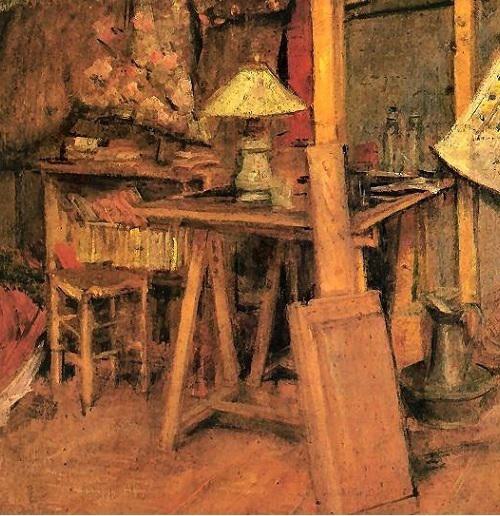The Sermon on the Fall of Rome by Jérôme Ferrari (MacLehose Press, 2014)
Jérôme Ferrari’s novel, which won the prestigious Prix Goncourt in 2012, opens with a quotation from one of St. Augustine’s sermons: “Are you surprised that the end of the world is upon us? You might rather be surprised that the world has grown so old.”
In a novel about a village bar, this opening is, at first sight, rather surprising. What it suggests is that The Sermon on the Fall of Rome has big ambitions. On the surface, this is a novel about a struggling Corsican bar and two young students who take it on with ultimately disastrous consequences, but there is much more to it than that: the tragedies that cluster around the enterprise open out into a wider meditation on the world.
Ferrari’s subject, despite the title and epigraph, is the modern world: that uncertain modern world which began with the horrors of World War I, just as St. Augustine’s (old) new world began with the fall of Rome. It is a novel which derives its power from what is keenly perceived as the fragility of modernity: a novel which suggests that the problems of the present can only be understood in a wider context, even if that understanding does not always lead to obvious solutions.
The book begins and ends with St. Augustine. The section headings are drawn from his sermons and the novel ends with an imaginative reconstruction of his death. St. Augustine is one of the means by which the narrator elides past and present, which happens in a number of different ways throughout the book. In the very first chapter, for example, Marcel Antonetti examines a family photograph from 1918 and attempts to make sense of his own absence. He has the past in his hands and yet he is missing from the past, just as the family which is preserved in the photograph is missing from his present. Throughout the book, Antonetti clings to the faded photograph as though this relic from the past could help him make sense of the dark modern world into which he has stumbled. In a similar way, a philosophy student turns to, and then rejects, St. Augustine as he tries to make sense of contemporary France, while a young archaeologist tries to unearth St. Augustine’s cathedral in Hippo as her own relationships collapse.
Ferrari’s novel is a powerful piece of writing—it touches on everything from colonialism and the trauma of war to ambition and lust in under 200 pages—but it is not flawless. Just occasionally the plot teeters over into implausibility and one or two characters are crucially underdeveloped. However, its deepest flaw, it seems to me, is the narratorial sleight of hand that the author plays when drawing the various threads of the novel together at the end. As the Corsican tragedy reaches its terrible conclusion, we are transported back to the early 5th century where St. Augustine’s last hours and then his final thoughts are described.
As Jean-Louis Chrétien has pointed out, the modern novel gives us not only what we cannot experience in reality—the consciousness of someone other than ourselves—but also access to what God alone can see: the heart. This, then, is the strength and, ultimately, the weakness of The Sermon on the Fall of Rome. Ferrari gives us a powerful insight into the dark places of the human heart; but he does so only by trespassing on territory which writers used to leave to God. As he does so, he in fact distorts St. Augustine, on whose life and thought the novel depends. Ferrari’s Corsican characters are plagued by very modern doubts: St. Augustine, in this rewriting, is anachronistically infected by the same malaise.
There is a great deal to like about this book. It is beautifully written and often highly insightful but, for me, it falls just short of what a great novel should be. The Sermon on the Fall of Rome uses the past to comment on, rather than explain, the present: which means, in effect, that present day assumptions overwhelm the very thing that we have been taught by one of the great figures from that past. Nevertheless, by drawing so heavily on the words of St. Augustine, it also reveals a chink in the modern, secular worldview, a chink we can choose to expose if we wish to. Having read Ferrari, I returned to St. Augustine. That is as it should be.
Roy Peachey teaches in the South of England. He is currently a doctoral student at the John Paul II Institute for Marriage and Family, Melbourne.
